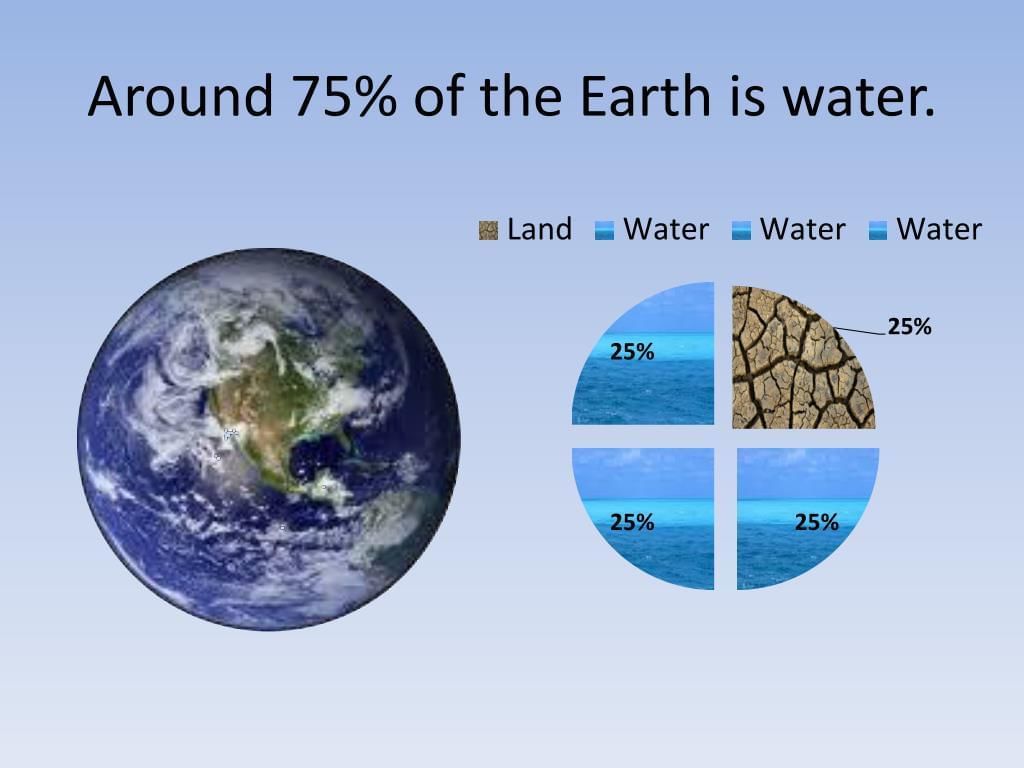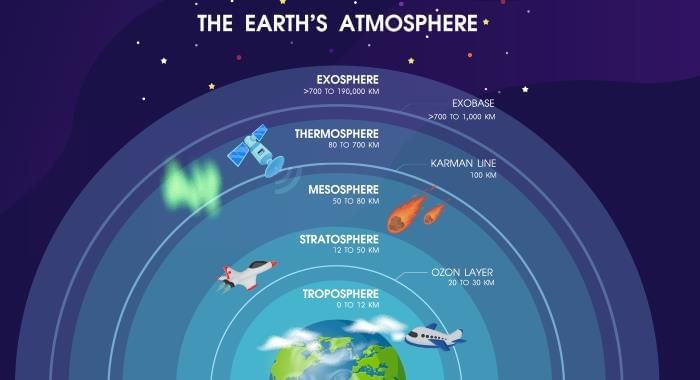Unit Test: Our Home: Earth, a Unique Life-Sustaining Planet | Science Curiosity Class 8 - New NCERT PDF Download
Time: 1 hour
M.M. 30
Attempt all questions.
- Question numbers 1 to 5 carry 1 mark each.
- Question numbers 6 to 8 carry 2 marks each.
- Question numbers 9 to 11 carry 3 marks each.
- Question numbers 12 & 13 carry 5 marks each.
- 1-mark questions include MCQs.
Q1: The Earth can sustain liquid water mainly because (1 Mark)
(i) it is the largest planet
(ii) it is in the star’s habitable zone at the right distance
(iii) it has rings
(iv) it has many moons

Q2: Which factor helps Earth retain its atmosphere? (1 Mark)
(i) Extremely small size
(ii) Appropriate mass and gravity
(iii) Absence of magnetic field
(iv) Being the closest to the Sun
Q3: Venus is hotter than Mercury primarily because (1 Mark)
(i) it is nearer to the Sun
(ii) it rotates faster
(iii) it has a thick CO2 atmosphere causing strong greenhouse effect
(iv) it has more volcanoes
Q4: Which of the following is an example of geodiversity? (1 Mark)
(i) Variety of bird songs
(ii) Range of landforms (mountains, valleys, deserts)
(iii) Number of tree species
(iv) Seasonal monsoon winds
Q5: In sexual reproduction, offspring differ from parents because (1 Mark)
(i) only the mother passes instructions
(ii) only the father passes instructions
(iii) both parents pass mixed genetic instructions via gametes
(iv) instructions are acquired after birth
Q6: State two ways the Earth’s atmosphere supports life. (2 Marks)
 Q7: Give one difference between greenhouse warming of a planet and a plant greenhouse. (2 Marks)
Q7: Give one difference between greenhouse warming of a planet and a plant greenhouse. (2 Marks)
Q8: Explain briefly how Earth’s magnetic field helps protect life. (2 Marks)
Q9: Why is Mars currently less hospitable to life than Earth? Mention any two reasons from planetary conditions. (3 Marks)
Q10: Distinguish asexual and sexual reproduction with one plant example each and state the outcome for variation. (3 Marks)
Q11: Describe how water sustains life through the hydrosphere and the water cycle (two points). (3 Marks)
Q12: Earth’s life-support system integrates geosphere, hydrosphere, atmosphere, and biosphere. (5 Marks)
(a) Explain with one example each how any two spheres support or influence the others.
(b) A city clears a large forest patch for roads. Predict impacts on local climate, biodiversity, and water over time.
Q13: Continuity and change in life. (5 Marks)
(a) Why is reproduction essential for life continuity? Contrast development pathways of birds and mammals after fertilisation.
(b) A friend says “Today’s global warming is just like past natural climate changes.” Respond scientifically.
|
59 videos|236 docs|13 tests
|
FAQs on Unit Test: Our Home: Earth, a Unique Life-Sustaining Planet - Science Curiosity Class 8 - New NCERT
| 1. What makes Earth unique among the planets in our solar system? |  |
| 2. How does Earth's atmosphere support life? |  |
| 3. Why is water considered essential for life on Earth? |  |
| 4. What are some of the key features of Earth's biosphere? |  |
| 5. How do human activities impact Earth's environment? |  |





















